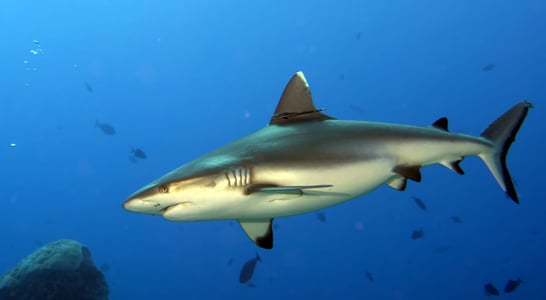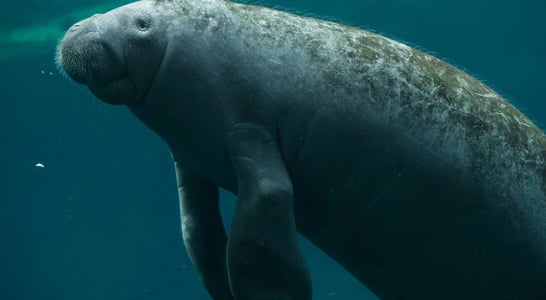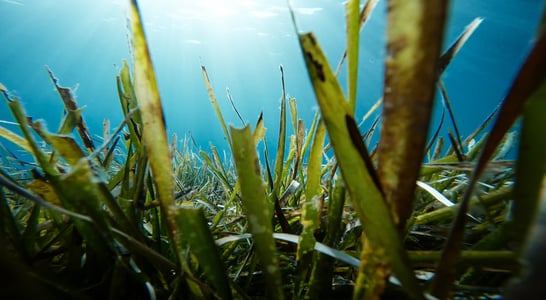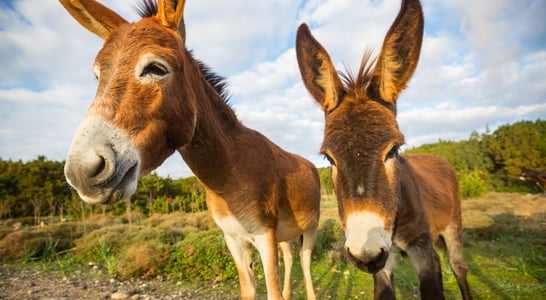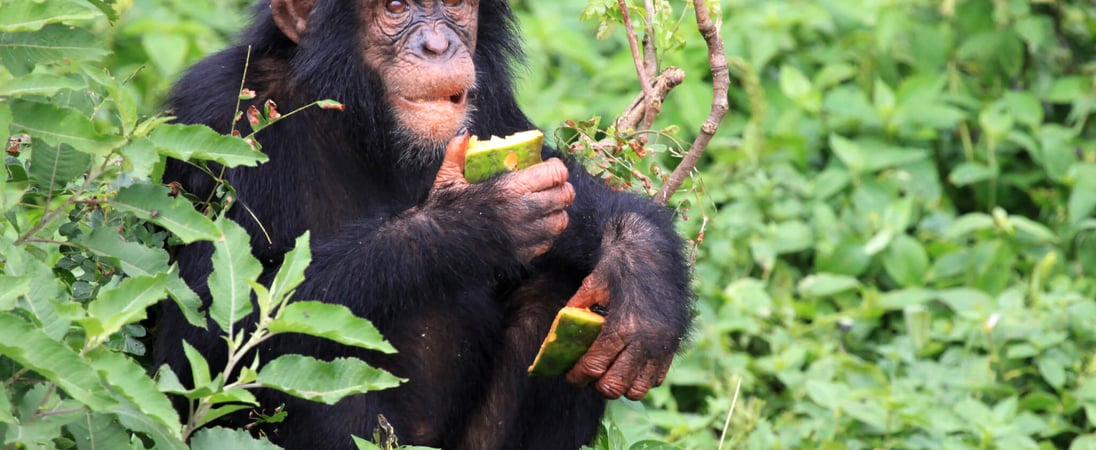
World Chimpanzee Day
Explore the intricate lives of our primate relatives, witnessing their intelligence, social bonds, and fascinating behaviors in the wild.
These incredibly clever and delightfully social little primates are adorable to look at and fascinating to experience in person.
Sadly, the populations of chimpanzees have gotten smaller and smaller due a variety of factors, and today all four of the subspecies of chimpanzees are on the endangered list.
World Chimpanzee Day is here to raise awareness regarding these fascinating creatures while encouraging humans to learn more about these primates.
In addition, this day encourages people to advocate for and protect chimps, working to ensure a hopeful future for them.
History of World Chimpanzee Day
World Chimpanzee Day was established in 2018 by the folks at the Jane Goodall Institute. This important event is celebrated on this date because it is the anniversary of the day when Dr. Jane Goodall first stepped foot into the Gombe Stream National Park in Tanzania, on July 14, 1960.
The work done by Dr. Goodall lasted for more than three decades and provided amazing insight into the unique communities in which these intelligent creatures dwell.
From becoming more environmentally conscious to modeling for children the empathy required to continue the human connection with such creatures, this day comes with a wide range of important opportunities.
Show some support and appreciation for these captivating little primates by getting involved with World Chimpanzee Day!
How to Celebrate World Chimpanzee Day
Looking for some ideas to get started with celebrating World Chimpanzee Day? Check out some of these to get started:
Join a World Chimpanzee Day Event
A super way to get involved in this day would be to join up with an event that is taking place through one of the partners associated with World Chimpanzee Day.
Various organizations and groups hold events in honor of the day, which can be found on the map at the day’s website. Learn more about the genetic connection, foster ethical compassion and engage the minds of young and old by getting involved with one of these events.
Learn Fun Facts About Chimpanzees
Get on board with the fun of the day and learn a little something too! In honor of National Chimpanzee Day, check out some of these fun facts and go further with a little online research of your own:
-
Chimpanzees are amazing creatures that live in the wooded areas and tropical forests of West and Central Africa, where many of the populations have become fragmented in recent years.
-
Chimpanzees are extremely intelligent primates, using special gestures, facial expressions and sounds in order to communicate with each other.
-
Chimpanzees are so clever that they are one of the few animal groups that use tools to get things done. This might include using a stick to fish an insect out of a nest, holding up a leaf to protect from the rain, or using a rock to crack open a nut.
Host a World Chimpanzee Day Event
Get connected and have some fun too by celebrating World Chimpanzee Day with a local event.
From a serious dinner party with a few academic friends where the discussion centers around Jane Goodall’s work, to a large community event where school children can get involved, this is a great reason to gather people together around the theme of chimpanzees.
Those who are looking for educational resources as well as graphics and flyers for the day can find them on the World Chimpanzee Day website.
World Chimpanzee Day FAQs
Did chimpanzees ever play a role in space exploration?
Yes! In 1961, a chimpanzee named Ham became the first hominid to travel to space.
His mission tested NASA’s Mercury spacecraft and helped ensure human safety for future flights.
Ham’s success demonstrated that living beings could endure space travel, paving the way for manned missions.
Are there chimpanzee-related superstitions or folklore?
In some African cultures, chimpanzees are believed to share mystical connections with humans due to their intelligence and human-like traits.
Stories from the Congo Basin describe them as tricksters, outsmarting humans or animals in tales passed down generations.
Such folklore reflects the deep cultural connection between humans and chimps.
How do chimpanzees communicate emotions?
Chimpanzees use a variety of facial expressions, gestures, and vocalizations to convey emotions.
A “pant-hoot” is a celebratory call, while soft grunts show contentment. Researchers have even observed “play faces,” where chimps display open-mouth grins during games, highlighting their expressive social behavior.
What’s a quirky fact about chimpanzees’ intelligence?
Chimpanzees excel at short-term memory tasks, often outperforming humans in some tests.
For instance, they can recall the order of numbers displayed briefly on a screen. This exceptional ability shows their cognitive strengths in memory and problem-solving.
Are there unique chimpanzee celebrations outside zoos and sanctuaries?
In Cameroon, conservationists partner with local communities to host chimpanzee-themed art exhibits and performances.
These events merge education with entertainment, spreading awareness through storytelling, music, and crafts inspired by the apes.
How are chimpanzees depicted in ancient art?
Egyptian art from 3,000 years ago features depictions of chimpanzees, sometimes shown alongside humans.
They were likely valued as exotic animals and admired for their similarities to people. Such artifacts reveal historical fascination with these intelligent creatures.
What are some unusual chimpanzee habits in the wild?
Chimpanzees have been seen “dancing” at waterfalls, seemingly in awe of the rushing water.
This behavior suggests they might experience feelings of wonder or joy. These rituals resemble early human responses to nature, offering a glimpse into shared ancestral behaviors.
Have chimpanzees inspired modern technology?
Their use of tools has influenced the design of robotic arms and other devices.
For instance, researchers study how chimps use sticks to fish for termites, applying similar principles to create better tools for human tasks.
What’s an unusual way chimpanzees adapt to their environment?
Chimpanzees in Senegal dig wells to find water during dry seasons. This behavior highlights their resourcefulness in harsh environments. It also shows their ability to solve survival challenges creatively.
Can chimpanzees recognize themselves in mirrors?
Yes, chimpanzees pass the “mirror test,” indicating self-awareness. When shown a mirror, they touch marks on their bodies rather than the reflection. This ability, rare in animals, underscores their advanced cognitive abilities.
See what else is happening…
There’s always more going on every month at Days Of The Year. Here are our favorites this month!
Also on ...
View all holidaysNational Mac & Cheese Day
Diving into a warm, comforting bowl of cheesy goodness, each forkful a delightful blend of creamy and savory delight.
Shark Awareness Day
Tackle the stigma and raise awareness about the reality of sharks, which are beautiful creatures that keep the ocean ecosystem running and rarely attack humans.
National Grand Marnier Day
An innovative liquor, Grand Marnier goes well with many things. Mix it together with champagne, or make a Grand Marnier-based margarita with tequila.
International Non-Binary People’s Day
Non-binary identities challenge traditional gender norms, fostering inclusivity and understanding in diverse communities worldwide.
We think you may also like...
Manatee Awareness Month
These gentle giants of the sea need our care and understanding to thrive in their home - the tranquil waters of coastal habitats.

